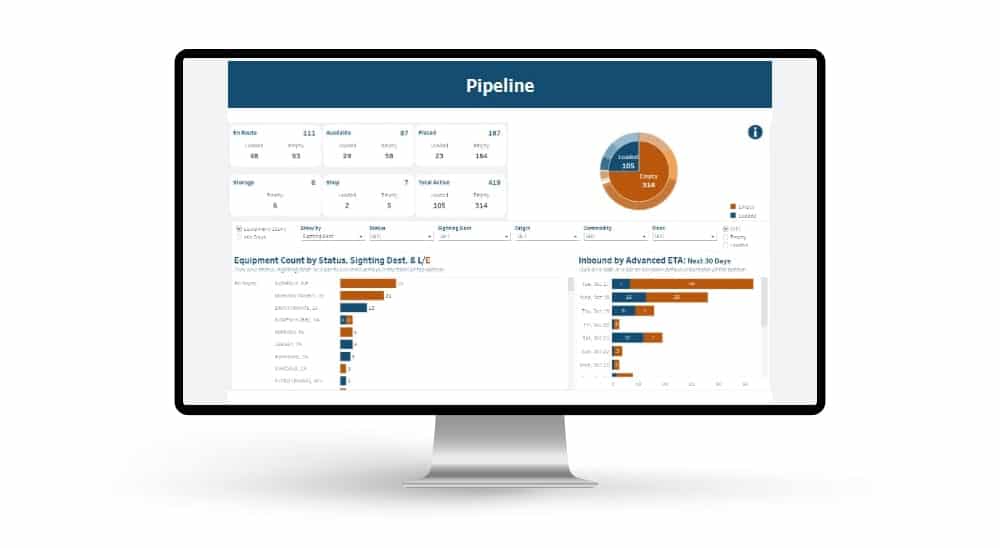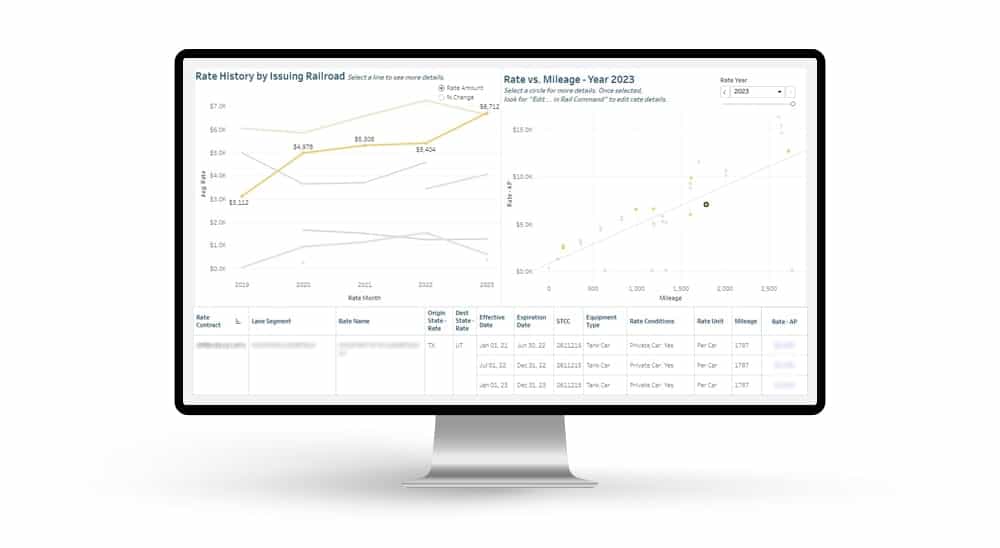The 2017 annual RailTrends event hosted in New York City November 30th to December 1st promised and delivered on providing a platform for bringing freight rail professionals together to debate and discuss significant issues and trending topics in the rail industry.
The event hosted a series of diverse speakers ranging from Ed Hamburger – AAR, Linda Bauer Darr – ASLRA, Chuck Baker – NRC, Micheal Bourque – CRA, and Tom Simpson – Railway Supply Institute. Additional speakers represented several of the Class I carriers and short line operators which featured the Genesee & Wyoming and Watco.
Attendees included representatives from North America’s railroads, rail industry suppliers, equipment manufacturers, leasing entities, consulting and investment firms. As the event co-founders Tony Hatch (ABH Consulting) and Progressive Railroading Magazine described, “this is the only event of its kind – attracting high level, noteworthy professionals prepared to discuss the success and changes of today’s rail market.”
Throughout the event there were several reccurring topics: pending legislation and its potential effects on rail logistics, the benefits of technology, commitment to the customer, and business diversification.
Legislative discussion focused on the fate of NAFTA, the 45G tax credit and preserving modal equality. Many voiced concern over the Trump administration’s threat to pull the United States out of the 23-year old trade treaty. Industry leaders contend that it would be disastrous for North America’s railroads. Since the agreement went into effect, Canada and Mexico have become the U.S.’s largest export markets for agricultural products. Considering that one out of every 10 planted acres in the U.S. is destined to Mexico and Canada, modification to the trade agreement could be detrimental to the railroads and producers. The Association of American Railroads and the Railway Association of Canada are working hard to educate and inform the current administration of the resulting impact if NAFTA was dissolved or greatly modified.
The 45G short line tax credit is a tax credit that is vital to the U.S.’s 550 short line railroads in maintaining track and infrastructure. Since it went into effect in 2005, the 45G has been extended several times (in 5 year increments). Recent tax reform legislation could potentially put the 45G at risk of not being renewed. The American Short Line and Regional Railroad Association’s President Linda Darr noted that the U.S. highway infrastructure is maintained by federal and state governments, while rail freight infrastructure is maintained exclusively by the private sector. The continuation of the 45G tax credit is imperative for the short line railroads to be financially sustainable. Modal equality was discussed in great length. Concerns over the USDOT’s consideration of increased truck sizes and weights, will only add more stress to our already dilapidated highway infrastructure. Recent momentum in autonomous trucks, was compared the rail industries mandated two man crews by the Federal Rail Administration.
Technology and its impact on the rail industry was mentioned throughout the event. Positive Train Control (PTC) technology that has been imposed on the industry was mentioned in more of a positive light. Norfolk Southern’ s Senior Vice President of Law and Corporate Relations, John Scheib shared that the NS is viewing PTC as an avenue to acquire useful data and analytics to better serve their customers, and to manage preventative maintenance for both equipment and infrastructure. Shipper’s desire for full supply-chain visibility has and will continue to be a major focus for all of North America’s railroads.
While each representative expressed their commitment to the customer, Watco’s CEO Rick Webb explained how Watco’s rapid success has resulted because of their focus on customer service. This important differentiator has led to business growth through developing additional business and opportunities to diversify their portfolio of services.
All in all, the 2017 RailTrends event was informative and optimistic. The concerns over issues like Positive Train Control and the loss of coal volumes were overshadowed by the industries optimism through the support of our federal government, expanded technology and diversification.


 Automated exception reporting of the railcar tracking data makes it easy to identify and troubleshoot jeopardized shipments, thereby enabling you to provide better service to your stakeholders.
Automated exception reporting of the railcar tracking data makes it easy to identify and troubleshoot jeopardized shipments, thereby enabling you to provide better service to your stakeholders. Receive notification of pending rate expirations. Tariff changes and fuel surcharges can be automatically updated.
Receive notification of pending rate expirations. Tariff changes and fuel surcharges can be automatically updated.